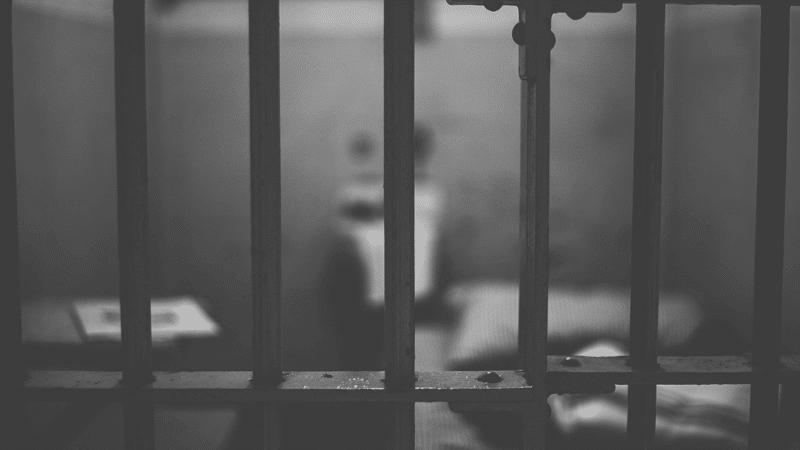A man in Spain who was convicted of domestic abuse has avoided jail by self-identifying as a woman.
In 2019, Antonio Luis B.R was sentenced to 15 months in prison for violating a restraining order after he was accused of subjecting his “ex-partner” to a decade of physical and psychological abuse. Following several failed appeals, he was ordered to start his prison sentence in September 2023.
But after it was revealed that he had changed legal sex the previous month under Spain’s self-identification law, the Court of Violence against Women has now withdrawn from the case due to “a lack of objective jurisdiction”.
Threats
The defence pushed for the case to be completely dropped, claiming that Luis is a “new person” and trying him as a man would contravene LGBT regulations.
But prosecution lawyer José Antonio Sires called for him to be tried by a criminal court instead, highlighting that Spain’s gender self-ID law does not affect cases of gender violence.
Sires accused Luis of changing legal sex “to avoid specific penalties for men who commit violence against their wife or ex-wife”, but emphasised that even if men become legally female, “the legal responsibilities they had before the change remain”.
According to the prosecutors, Luis has continued to threaten his “ex-partner”.
Rapist
Last year, Scotland’s Outer House of the Court of Session upheld the UK Government’s decision to veto the Gender Recognition Reform (Scotland) Bill.
The legislation was initially approved by Holyrood, before it was blocked by Westminster when Scotland Secretary Alister Jack enacted Section 35 of the Scotland Act 1998, effectively vetoing it.
The SNP still intends to resurrect the Bill if the UK Government lifts its veto, which would allow 16-year-olds to change their legal sex by self-declaration without a medical diagnosis, and reduce the waiting time for adults from two years to just three months.
In 2023, the Scottish Prison Service ordered a policy assessment following an outcry when convicted rapist Adam Graham was initially placed in a segregated unit in a women’s prison.
MoJ criticised for promoting ‘LGBT activism’ in prisons

